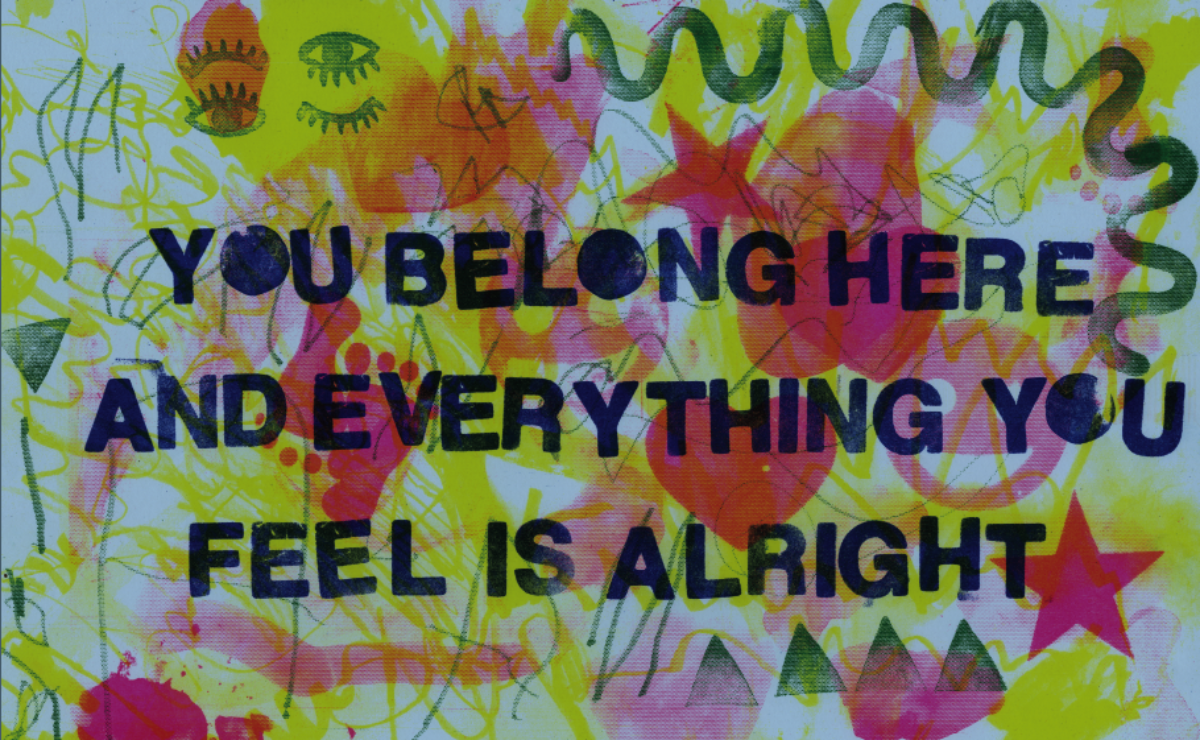Share your reflections about the texts from this week. What themes do you see across the different texts for this week? Based on these readings, what do you see as the primary issues that concern feminists in the late 1960s and early 1970s? Where in the texts do you see different priorities or concerns come up — and, what do you notice about these differences?
The themes that I see constantly across these different texts were they all were stating how women were oppressed. The woman suffrage, civil right movements , these were how they fought oppression. In “I want a wife” it express the men desire to having a women that can serve them. It says things like “I want a wife who will take care of my physical needs” who will clean the house and take care of kids, so on. These things were what women were expected to do, because these are consider “housework”. In “The Politics of Housework” it showed the excuses that men use to tell women in order to continue doing housework. A phrase that the men would say then would be translated to what they actually meant. “Meaning: Unfortunately I’m no good at things like washing dishes or cooking. What I do best is a little light
carpentry, changing light bulbs, moving furniture. (How often do you move furniture).
Also meaning: Historically the lower classes (Blacks and women) have had hundreds of years doing menial
jobs. It would be a waste of manpower to train someone else to do them now.
Also meaning: I don’t like the dull stupid boring jobs, so you should do them.
“I don’t mind sharing the work, but you’ll have to show me how to”. It is sad that men mentality was like this or some men mentality from now are still thinking like this. Unfortunately for women we can stand up for ourselves but because of the limited power we have its hard to stand up for yourself.
